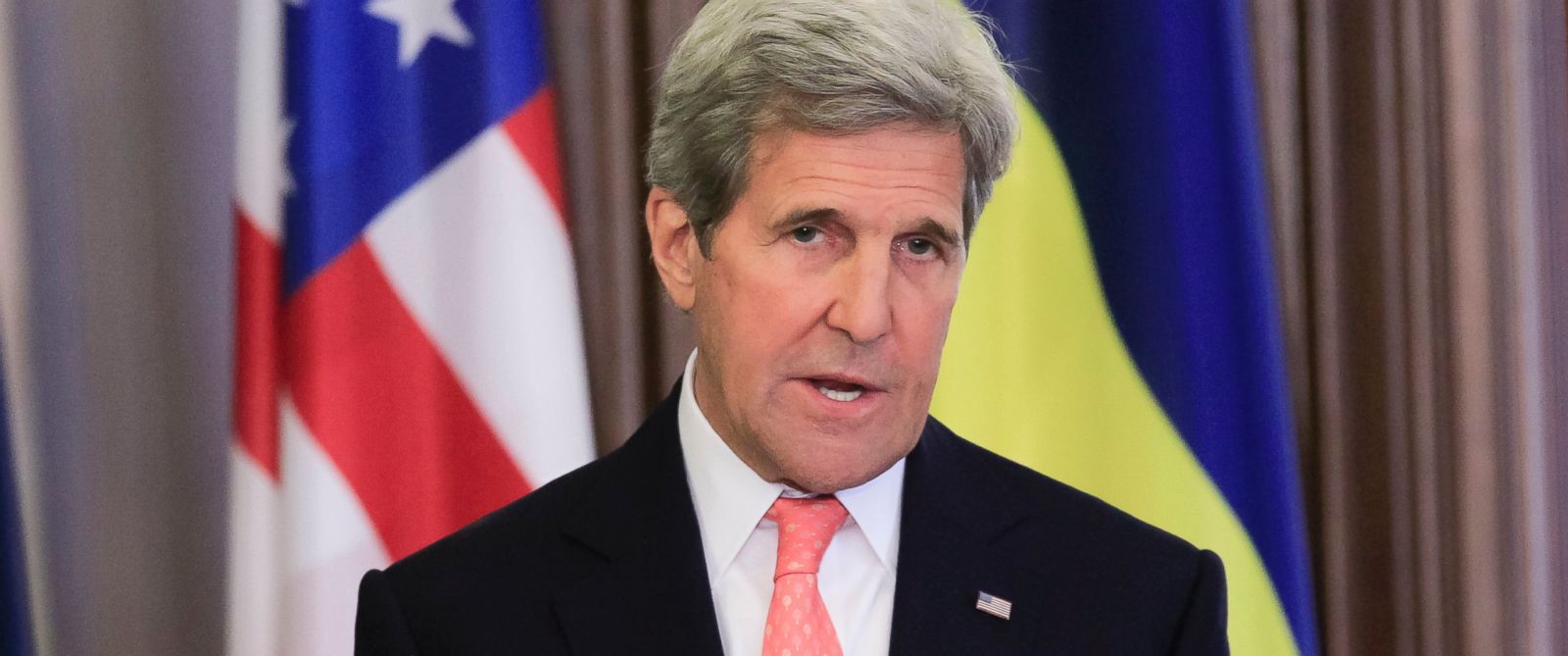John Kerry Says US Concerned that Turkey Could Crack Down on Democracy After Coup Attempt

Secretary of State John Kerry expressed concern Sunday that Turkish President Recep Tayyip Erdogan will use this weekend's attempted military coup to crack down on democracy in the country.
"We hope that will not be the case,” Kerry told ABC’s George Stephanopoulos.
At least 265 were killed and 1,440 wounded in the chaos of the coup and its aftermath. Erdogan's forces have arrested about 6,000 people in the two days since the coup attempt Friday night.
“Obviously there are coup plotters, and the coup plotters need to be held accountable, and they will be,” Kerry said on ABC's "This Week." But Kerry warned the Turkish president, who he said “is fully in control” of overreaching.
“We’re all concerned, and we’ve expressed that concern that there’s not … a reach well beyond those who engaged in the coup, but that [Erdogan’s government] strengthen democracy.”
The potential overreach includes renewed calls for the extradition of an Turkish cleric who is a permanent resident in the U.S.
Kerry said Turkey has made no formal request for the United States to extradite Muslim cleric Fethullah Gulen, who lives in self-imposed exile in Pennsylvania. Erdogan alleged in a televised speech Saturday that Gulen was behind the coup attempt and demanded that the U.S. extradite him to Turkey.
“The faster they get us the evidence, not allegations, but evidence, we will immediately evaluate it,” Kerry said. “Turkey is a friend, Turkey is an ally, Turkey is an important coalition partner in the fight against ISIL, and we’ll do our due diligence within our legal process.“
The secretary of state also addressed the recent attack in Nice, France after ISIS claimed the attacker was inspired by the group. Despite a spate of deadly, highly publicized attacks, Kerry said the U.S. is making progress in the fight against ISIS.
“The direct and absolutely factual assessment of where we are is that we are making significant progress in Iraq,” Kerry said. “We’re making progress in Syria.”
He said law enforcement and governments face a daily challenge in trying to prevent terrorism and identify those planning attacks like Nice.
“It’s very, very difficult, worse than [finding] a needle in a haystack, to know where one person may suddenly surface, go nuts the way this guy in Nice appears to have been radicalized, and then go out and do something to hurt people,” he said.
But he said he is confident that ISIS is losing ground — and that makes the U.S. safer.
“I believe before the next president of the United States is sworn in, we will have made even greater progress, and ISIL will be having a very, very difficult time in both Iraq and Syria,” he said.
Политика конфиденциальности | Правила пользования сайтом







